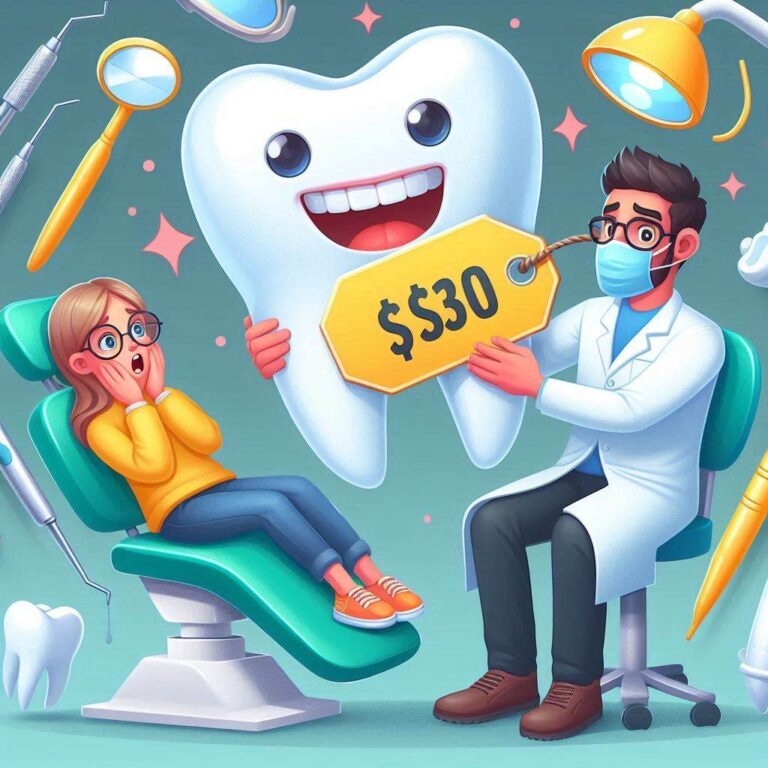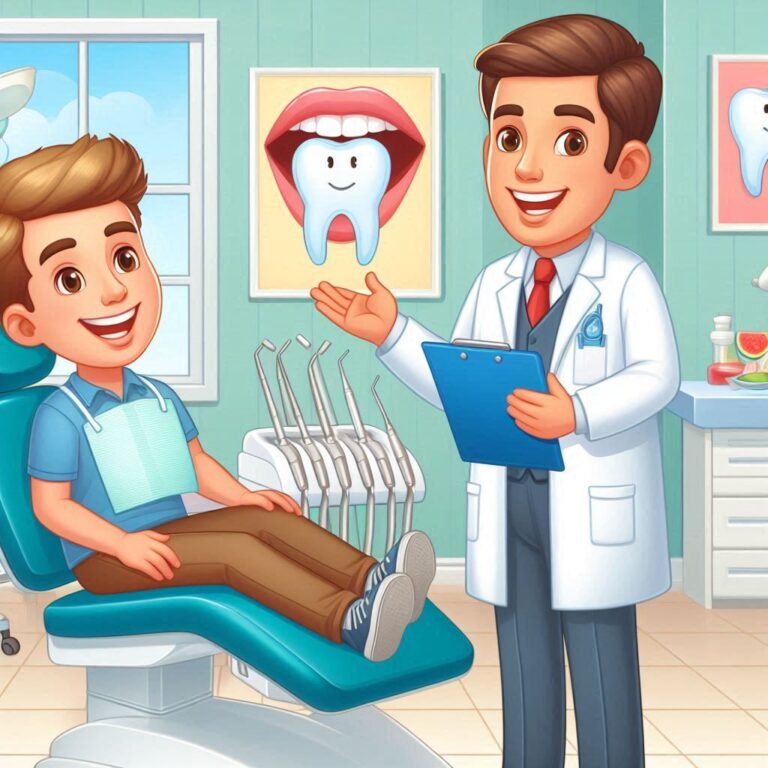Shedding Light on Tooth Extraction Cost in Japan: A Comprehensive Guide
Having a tooth extracted can be a stressful experience, and navigating the associated costs in a foreign country can add another layer of anxiety. This detailed guide dives deep into the world of tooth extraction cost in Japan, equipping you with the knowledge you need to make informed decisions about your dental care.

Understanding the Need for Tooth Extraction
Before delving into the specifics of cost, let’s establish a clear understanding of why tooth extraction might be necessary. Here are some common reasons:
- Severe tooth decay: When decay reaches the pulp (the inner chamber) of the tooth, causing significant pain and infection, extraction becomes the only viable option.
- Fractured or broken teeth: If a tooth suffers a severe crack or fracture that cannot be repaired with fillings or crowns, extraction might be necessary.
- Impacted wisdom teeth: Wisdom teeth, the third molars, can sometimes erupt at an angle, causing overcrowding and pain. In such cases, extraction is recommended.
- Gum disease: In severe cases of gum disease (periodontitis), the bone supporting the teeth weakens, leading to loose teeth that may require extraction.
Factors Influencing Tooth Extraction Costs in Japan
The cost of tooth extraction in Japan can vary depending on several factors, including:
- Type of extraction: There are two primary types of extractions: simple and surgical. Simple extractions involve removing a visible tooth, while surgical extractions involve accessing a tooth hidden beneath the gum line or bone. Surgical extractions are naturally more complex and expensive.
- Location of the tooth: Extracting front teeth (anterior teeth) is generally simpler and less expensive than extracting molars (posterior teeth) located further back in the mouth. Molars have more roots and require more effort to remove.
- Wisdom tooth extraction: Wisdom tooth extractions are often more complex, especially impacted wisdom teeth that require surgical intervention. This complexity typically translates to a higher cost.
- Experience of the dentist: Dentists with extensive experience and specialized training in oral surgery may charge more for extractions.
- Clinic location: Dental clinics in major cities like Tokyo or Osaka might have higher costs compared to clinics in smaller towns.
Cost Breakdown: A Glimpse into the Numbers
To give you a clearer picture, here’s a table outlining the estimated cost range for tooth extractions in Japan:
| Type of Extraction | Cost Range (Yen) |
|---|---|
| Simple Extraction (Anterior Tooth) | ¥10,000 – ¥25,000 |
| Simple Extraction (Posterior Tooth) | ¥20,000 – ¥30,000 |
| Surgical Extraction (Anterior Tooth) | ¥30,000 – ¥45,000 |
| Surgical Extraction (Posterior Tooth) | ¥40,000 – ¥55,000 |
| Wisdom Tooth Extraction (Simple) | ¥30,000 – ¥40,000 |
| Wisdom Tooth Extraction (Surgical) | ¥45,000 – ¥70,000 |
Additional Considerations: Anesthesia and Post-operative Care
The cost estimates above typically don’t include additional procedures that might be necessary during the extraction process. Here’s a breakdown of some additional costs:
- Anesthesia: Local anesthesia, which numbs the area around the tooth, is usually included in the extraction cost. However, general anesthesia, which puts you completely to sleep, might incur an additional charge, especially for complex extractions.
- X-rays: Pre-operative X-rays are often necessary to assess the tooth’s root structure and plan the extraction effectively.
- Medication: Antibiotics might be prescribed after the extraction to prevent infection, adding to the overall cost.
Exploring Insurance Coverage:
Most National Health Insurance (NHI) plans in Japan offer some coverage for dental procedures, including tooth extractions. However, the level of coverage can vary significantly. It’s crucial to check with your specific NHI provider to understand your coverage details and potential out-of-pocket expenses.
Finding the Right Dentist:
Cost is certainly a factor, but it shouldn’t be the sole deciding element when choosing a dentist for your tooth extraction. Here are some additional considerations:
- Experience and qualifications: Look for a dentist with experience in tooth extractions, particularly if your case involves a complex wisdom tooth or a surgical procedure.
- Communication style: Ensure the dentist clearly explains the procedure, risks, and recovery process in English or a language you understand comfortably.
- Clinic facilities: Choose a clinic with modern equipment and a clean, sterile environment.
Minimizing Costs: Exploring Alternatives and Saving Strategies
While tooth extraction is sometimes unavoidable, here are some strategies to potentially minimize the cost:
- Preventive care: Regular dental checkups and cleanings are crucial for preventing tooth decay and gum disease, potentially avoiding the need for extractions altogether.
- Second opinions: If a dentist recommends extraction, consider seeking a second opinion from another qualified dentist to ensure it’s the most suitable course of action.
- Compare prices: Don’t hesitate to research and compare prices at different dental clinics in your area. Some clinics might offer more competitive rates or package deals.
- Inquire about payment plans: Many clinics offer payment plans to help spread out the cost of the procedure.
The Road to Recovery: Post-Operative Care
Following a tooth extraction, proper post-operative care is essential for a smooth recovery and to minimize the risk of complications. Here’s what to expect:
- Pain management: The dentist will prescribe medication to manage any discomfort after the procedure.
- Bleeding: Minor bleeding is normal after an extraction. The dentist will provide instructions on how to manage it effectively.
- Swelling: Swelling around the extraction site is also common. Applying an ice pack to the area can help reduce swelling.
- Dietary restrictions: Initially, you might need to stick to a soft diet to allow the extraction site to heal properly.
Frequently Asked Questions (FAQs)
- What happens if I don’t get a tooth extracted? Leaving a decaying or infected tooth can lead to serious complications, including jawbone infection, pain, and even tooth loss in surrounding teeth.
- Will I need a replacement tooth after extraction? Depending on the location of the extracted tooth, a replacement option like a bridge or implant might be recommended to maintain proper function and aesthetics. Consult your dentist to discuss replacement options.
- How long does it take to recover from a tooth extraction? Recovery time varies depending on the complexity of the extraction. Simple extractions typically heal within a week, while surgical extractions might take longer.
- Can I travel after a tooth extraction? It’s generally best to wait at least a week after a tooth extraction before traveling, especially if you’re planning to fly. Consult your dentist for specific guidance.
Remember: This guide provides a general overview of tooth extraction costs in Japan. For the most accurate cost estimate, it’s essential to schedule a consultation with a dentist who can assess your specific situation.
Empowering You with Knowledge
By understanding the factors influencing tooth extraction costs, exploring alternatives, and prioritizing post-operative care, you can navigate this experience with greater confidence. Remember, taking care of your oral health is an investment in your overall well-being


